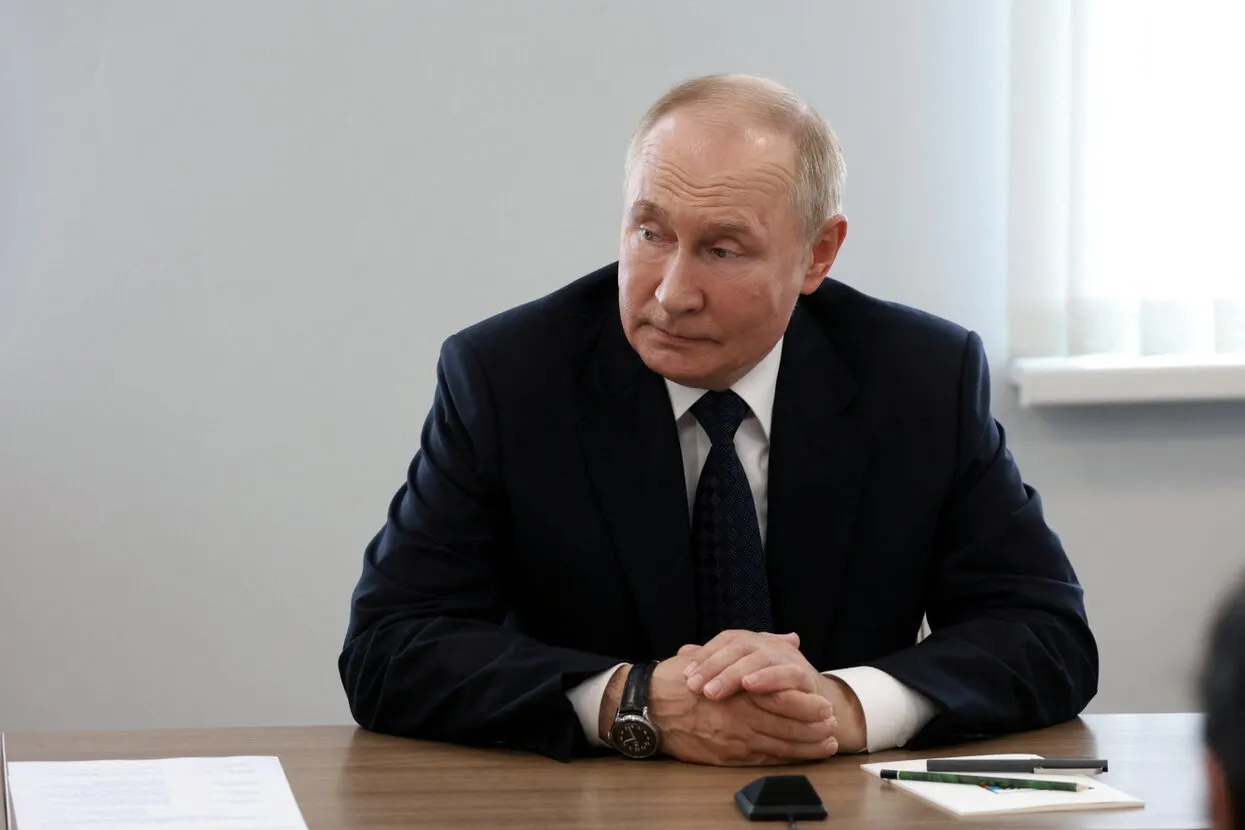
Kremlin publishes video of Putin’s first meeting with parents of Beslan school siege victims in 19 years, but edits out their questions
On August 20, Vladimir Putin visited the town of Beslan, the site of the 2004 school siege that killed 333 people and saw more than 1,000 taken hostage. For the first time in two decades, Putin met with members of Mothers of Beslan, an advocacy group for parents whose children were victims of the attack. Later in the day, the Kremlin released a video of the meeting, though not before editing out all of the mothers’ comments and questions for the president. According to Agentstvo Media, the women were notified of the event just a day in advance, and while many of the organization’s members wanted to speak with Putin, only three were permitted to attend. Here’s how the meeting played out.
Russian President Vladimir Putin traveled to the North Ossetian town of Beslan on Tuesday to meet with members of Mother of Beslan, an advocacy group for parents whose children were victims of the Beslan school siege in 2004.
Putin’s visit comes just 12 days before the 20th anniversary of the hostage crisis, which remains the deadliest terrorist attack in modern Russian history. It’s only the second trip the president has made to the town since the attack; his previous one was in 2008 (when Putin was serving as Russia’s prime minister while President Dmitry Medvedev kept his seat warm). Tuesday’s visit also marks only the second time Putin has met with the Mothers of Beslan: the first was in Moscow in 2005.
The Kremlin’s official video of the meeting only shows Putin speaking. At almost no point in the footage does he make eye contact with any of the women from the organization. After misstating the number of children who died in the attack, Putin spends most of his speech talking about Russia’s fight against its “enemies,” which he says include “neo-Nazis” and foreign countries.
The women are not shown asking questions in the Kremlin’s video. Mothers of Beslan co-founder Aneta Gadieva, who lost her nine-year-old daughter in the siege, told the independent outlet Agentstvo that the women complained to the president about the authorities’ investigation into the attack, which has never officially been closed, and reminded Putin of his promise in 2005 to provide “the whole truth” about the siege. In response, she said, Putin claimed not to know all the details of the investigation and advised her to “reach out to [Russian Investigative Committee head Alexander] Bastrykin so that he can look into the matter and oversee what’s going on.”
“We told him that if the people responsible for security had been held accountable, maybe the security services would be more effective today and we wouldn’t have had any more terrorist attacks,” Gadieva said.
According to Gadieva, the mothers also proposed to Putin that he pass a law officially recognizing victims of terrorist attacks so that they can receive government benefits. She said the president “said the issue could be looked into.” Gadieva also said that the meeting “touched on the Kursk issue,” which the Mothers of Beslan pointing out to Putin that border guards and conscripts from North Ossetia were among those captured by the Ukrainian army in the course of its cross-border incursion.
On conscripts in Kursk:
After his meeting with the Mothers of Beslan, according to Russian state media, Putin met with South Ossetia’s governor, Sergey Menyailo, and instructed him to “convey their concerns” to state prosecutors and investigators.
From Beslan, Putin traveled to Chechnya, where he visited the grave of former Chechen leader Akhmat Kadyrov (father of Ramzan Kadyrov), met volunteer soldiers at Russian Special Forces University, and was named an “honorary citizen of Chechnya.” It was his first visit to the republic since 2008.